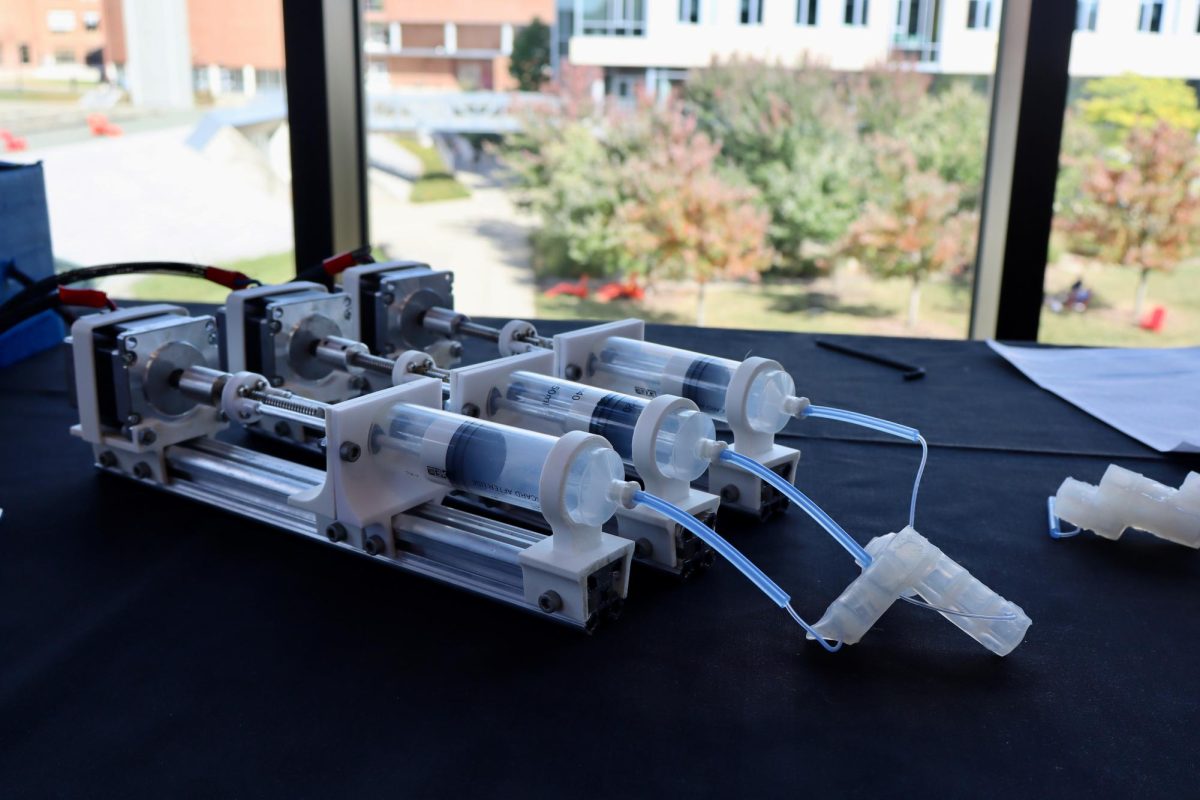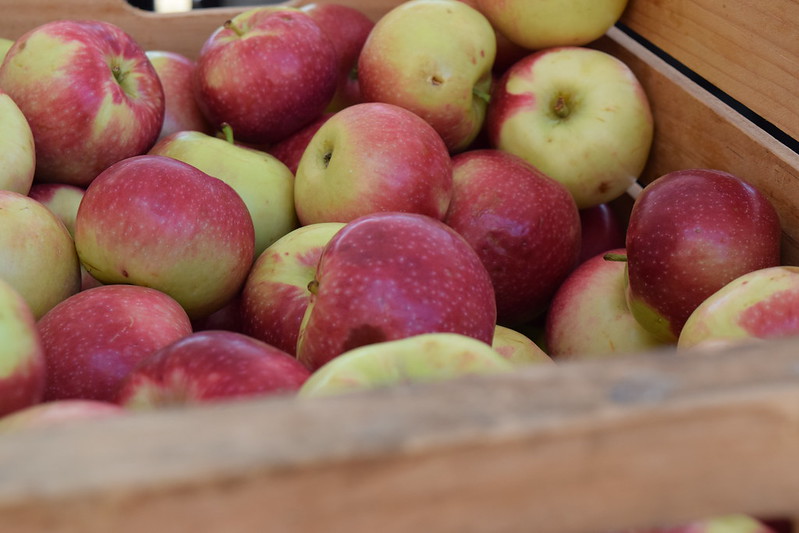
(Translated: Princeton Review coloca a UMass en las primeras 50 universidades “verdes”)
The University of Massachusetts has been recognized for its commitment to sustainability. In the 2017 Princeton Review’s Guide to 375 Green Colleges, UMass has been ranked number 42. The University held a ranking in 2015 and 2016 as well.
The University has committed to sustainability in its academic and social facets. On-campus initiatives include the bike share program, a recycling and composting program and LEED-certified building construction.
“Essentially, the university’s approach is to have a very comprehensive and integrated approach in its commitment to sustainability,” Ed Blaguszewski, the executive director of communications for UMass, said.
“Whether it’s through high-efficiency business, locally sourced food in DCs, we walk on a whole range of fronts, it’s how students and faculty live their lives at UMass in a sustainable way,” he said.
One building of particular importance is the recently constructed Design Building. Blaguszewski referred to this building as not only a “landmark and prototype for green construction,” but it also created an “opportunity for students to work with faculty to do world-changing work.”
The ability to work on the Design Building is one of many green initiatives, referred to by Blaguszewski as a “robust academic model,” being implemented in the classroom.
Out of the 90 majors undergraduate students can choose from, around 25 are sustainability-related. The number of courses in the Stockbridge School of Agriculture has been increased. Additionally, there are also three graduate programs and one accelerated master’s degree program related to sustainability.
Blaguszewski accredits these initiatives to the University’s mission as an institution.
“[Sustainability is] part of our core values. It’s what the university believes in. That’s vital to the long-term success to all of us at the University and the long-term success and survivability of our planet. For the University, country and the world to flourish, we need to commit to sustainability,” Blaguszewski said.
“We are a small part of the world with a lot more to accomplish,” Blaguszewski continued.
Chris Clark, a sophomore environmental science and BDIC in environmental policy major, as well as former undersecretary of sustainability and current chief of staff for SGA, was not surprised by the school’s ranking.
Yet, with the prevalence of plastic water bottles on campus and the school’s contract with Coca-Cola, he questioned the extent of the school’s commitment.
“They need to ban plastic water bottles and need to reevaluate the Coca-Cola contract. If we’re so sustainable, why are we using plastic water bottles? If we know that they [Coca-Cola] are such bad polluters, why are we engaging this contract?” Clark asked.
“Yes, it great that these people are saying, ‘Yes, we care!’ I’m glad that at the end of the day they share that sentiment, but now it’s time to really fully commit,” Clark said.
Ainsley Brosnan-Smith, a senior natural resource conservation major, does not see the University “making it close to the top 10 for ‘greenest’ schools any time soon.”
“Our recycling efforts, especially within residential buildings, are not great and most of the recyclable materials are ending up in landfill receptacles,” Brosnan-Smith said.
One idea Clark proposed was for the University to support the Sustainability, Innovation and Engagement Fund (SIEF).
“The one thing that I would wish the school would do would be to continue to contribute to the Sustainability, Innovation and Engagement Fund. The SIEF empowers students and gives them resources, but unfortunately, this fund definitely doesn’t have enough money to sustain itself,” Clark said. “Right now, the way we get money for it is through. Actually, it’s running out of money now, the money is slowly dwindling. Without it, all sustainable movements fall through the cracks.”
“The ball is in the administration’s court. If they want to continue marketing a ‘Sustainable UMass’ to increase their admission rates and profits, then they need to put their money where their mouth is and help us recycle, help us reduce our plastic reliance and help us limit our greenhouse gas emissions,” Brosnan-Smith stated.
Rebecca Duke Wiesenberg can be reached at [email protected].



















